
Genetically modified foods could have a role to play in ensuring the UK has enough food in the future, Labour said today as it launched its food policy review.
Biotechnology could not, by itself, increase the UK’s food supply, “but it can be one of the tools used to ensure better resilience in the UK food chain and to reduce environmental damage,” Labour said in the paper accompanying its review, Feeding the Nation: Creating a resilient, growing food industry.
Read this
GM food in the spotlight after Paterson speech
Owen Paterson’s call for the UK to embrace genetically modified crops has polarised opinions, prompting both sharp criticism and declarations of support.
However, public acceptance was also key, it added. “GM may have a role in UK food security and environmental protection, but public views – informed by the science – must also be heard. Public and political acceptance is vital, as is proof of its benefits to the environment and producers.”
Other key food policy areas highlighted in Labour’s paper include the structure and remit of the Food Standards Agency. The machinery of government changes brought in by the coalition government in 2010, which took key responsibilities away from the FSA in England and gave them to Defra and the Department of Health, had resulted in a “fragmented approach” during the recent horsemeat scandal, which led to confusion over who was responsible for what, the report claimed.
“Labour is examining how we can restore trust in our food system by ensuring an effective role for the Food Standards Agency to speak up for consumers and ensure our food is safe.”
In light of the horsemeat scandal, Labour would also assess how it might encourage shorter supply chains in the food industry, it added.
Protecting iconic British foods
Labour’s review also highlighted the role that EU protected food status could play in boosting British food producers’ sales and credentials. The UK currently had just 55 protected foods – far fewer than other European countries, such as Italy (252) and France (198), it said. “The potential to boost regional and speciality foods is great. What more can be done to promote these British foods to consumers and to boost UK food sales around the world?”
To accompany the launch of its policy review today, Labour shadow farming minister Huw Irranca-Davies is hosting a food fair in Westminster, showcasing traditional British foods, such as Jersey Royals, Melton Mowbray pork pies, Cumberland sausage and Stilton.







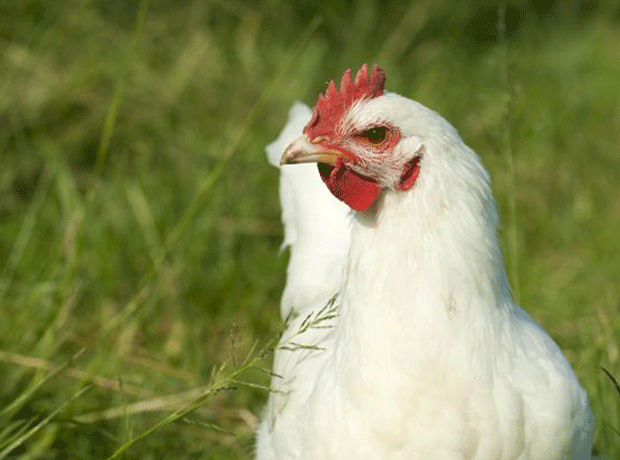
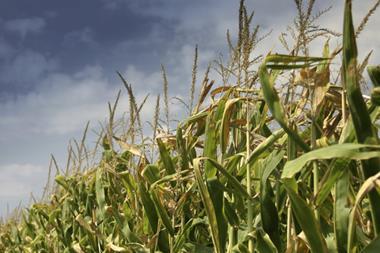


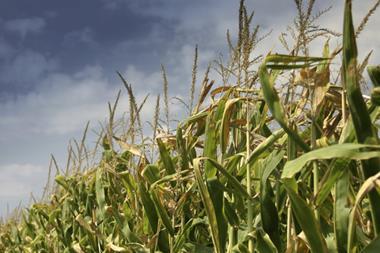
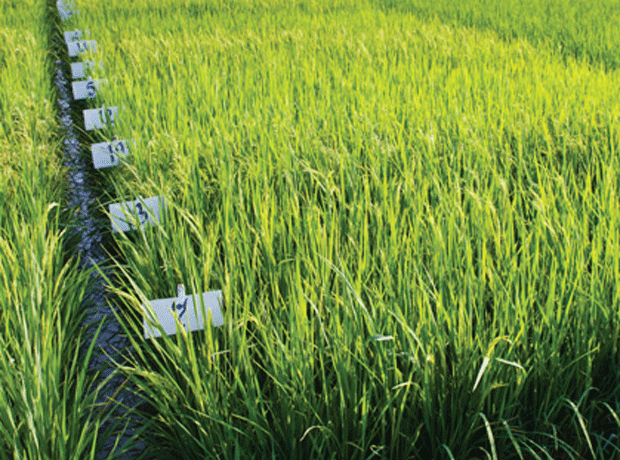
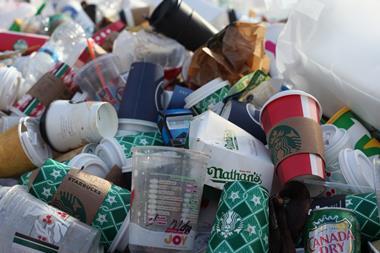





1 Readers' comment